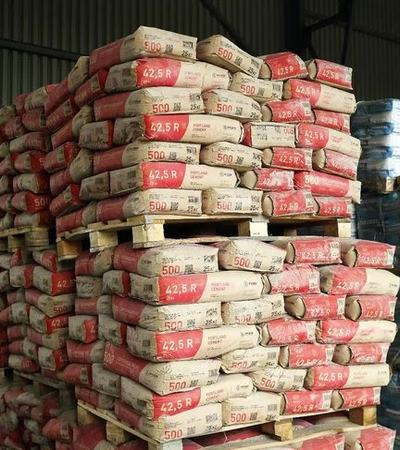Amidst Libya"s geopolitical challenges, its food market presents a dynamic landscape characterized by a significant import dependency. In 2019, Libya"s import trade value for food products soared to over $3. 38 billion, outstripping export values by a vast margin. This stark contrast highlights a critical gap and an opportunity for domestic producers to bolster local food production, particularly in essentials like grains, dairy, and canned foods. An analysis of economic indicators reveals that agriculture, forestry, and fishing contributed a mere 2. 04% to the GDP in 2019, down from 3. 87% in 2017. This decline underscores the underutilization of agricultural potential, exacerbated by limited arable land and water scarcity issues.
With Libya"s rural population accounting for just 19. 6% of the total, enhancing agricultural output could be pivotal. Moreover, the food production index illustrates only marginal growth, while the cereal production index shows fluctuations, indicating inefficiencies that need addressing to ensure food security and reduce import reliance. Looking ahead, Libya"s food market requires strategic interventions to unlock its potential. Investments in modern agricultural techniques and infrastructure could enhance productivity and efficiency. Additionally, fostering partnerships with international food suppliers and leveraging technological advancements in farming could bridge the production-consumption gap. Aritral. com, an AI-driven B2B platform, offers a suite of services that can facilitate these connections.
By providing Product Listing, Direct Communication, Global Sales Assistance, AI-Powered Marketing, and Profile Management, Aritral simplifies international trade in commodities and raw materials. Businesses in Libya"s food sector could leverage these tools to enhance their market presence and operational efficiency, driving growth in an industry poised for transformation. "
-
 Abd Alhakim Bargan Bargan 3 months ago
Abd Alhakim Bargan Bargan 3 months ago Libya
أسمنت
Libya
أسمنت
Greetings to youWhat is required is gray portland cement N42.5 according to American specificationsIt must be a nylon bag with a capacity of 50 kilogr...Details

